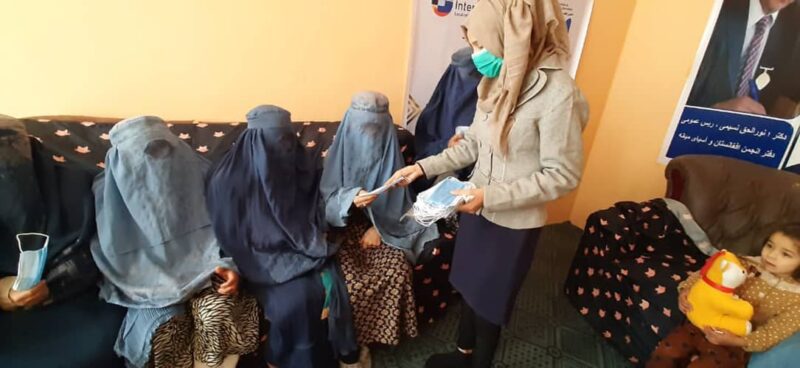Since August 2020, Internews’ Rooted in Trust (RiT) project team – in partnership with Nai, Pajhwok Afghan News and Salam Watandar and the wider Risk Communication and Community Engagement Working Group – has collected, analyzed and responded to rumors about COVID-19 circulating among online and offline communities in Afghanistan.
This Information Ecosystem Assessment aims to establish an understanding of information dynamics in the context of Afghan populations in six provinces of Afghanistan – Kabul, Herat, Nangarhar, Kandahar, Nimroz and Farah – including urban and peri-urban districts.
The Information Ecosystem Assessment (IEA) is a study designed to understand the dynamics of transmission, production, and consumption of information in a given environment. Understanding the flow of information, its sources, channels, and the factors that affect it – intentionally or unintentionally– can help to empower citizens to make better-informed decisions, bridge divides, participate more fully in their communities, and hold power to account.
This research discusses how information is produced, distributed and consumed during the COVID-19 pandemic and more broadly, and to what end. Quantitative and qualitative data has been gathered through focus group discussions with communities, key informant interviews with public bodies, humanitarian organizations, media stakeholders and community representatives, and quantitative surveying.
We hope that this report will prove useful for organisations working with these communities to better understand the dynamics of information, increase their efforts to listen and engage with communities and to support trusted information sources to provide quality information to support decision making during the pandemic and beyond.
